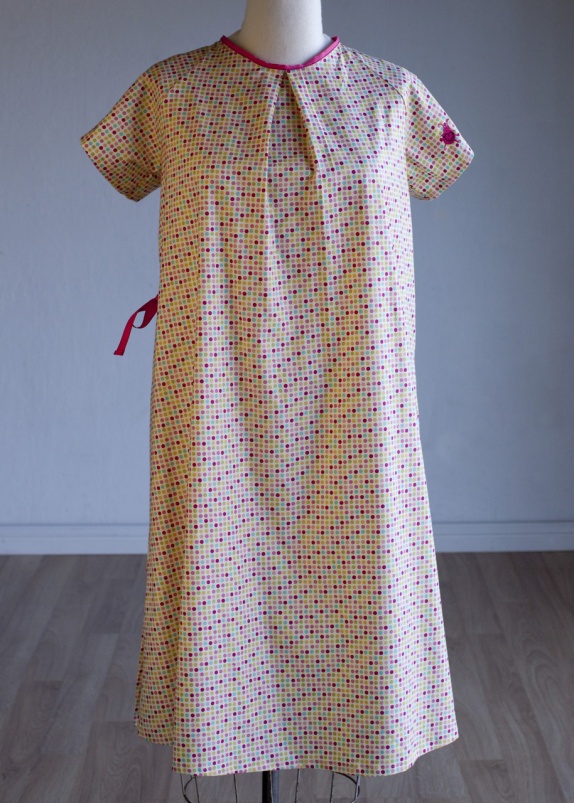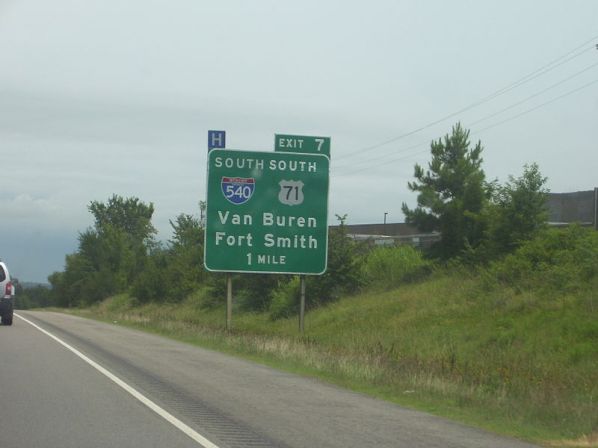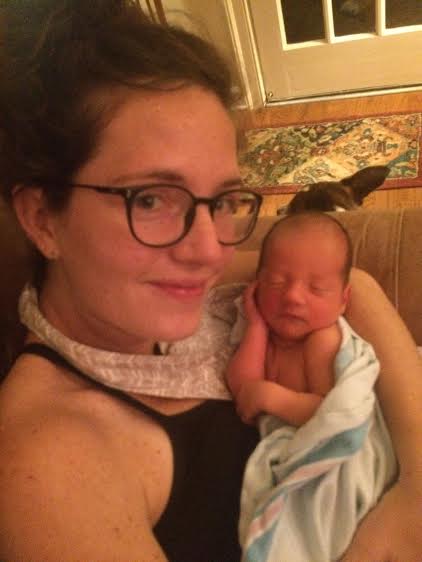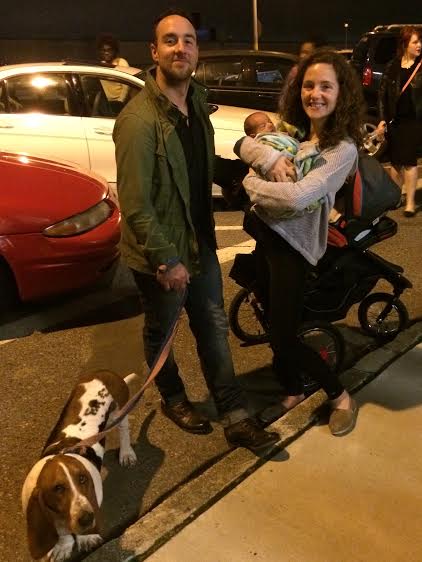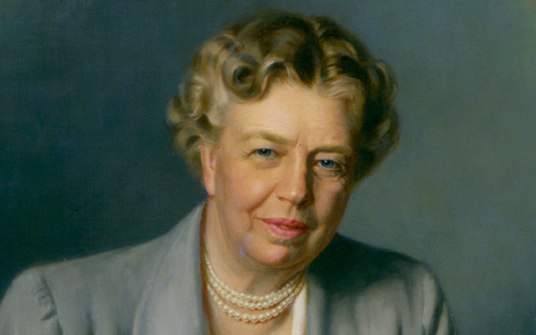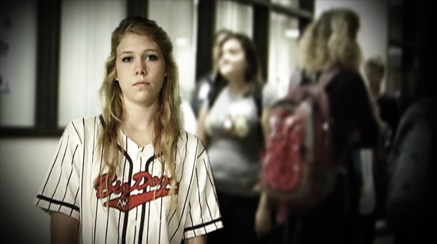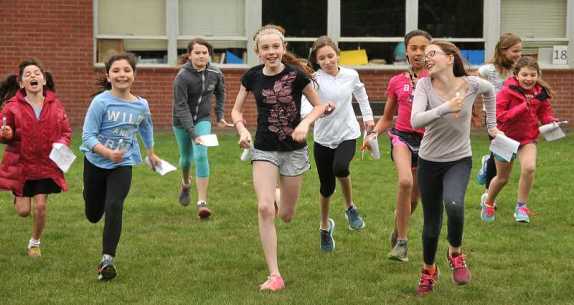What lurks deep and lies quiet beneath the prim masks we so carefully wear?
People put on masks to hide ugly things – prejudice and fear, hostility and enmity, foolishness and faintheartedness. With proper clothing one can look respectable and right, she can conceal and mask what lies deep in her heart, in spite of all the honest mirrors around.
We fallen folk often cannot recognize our own contempt, for we have grown quite accustomed to it; its presence has become a part of us, like sunspots or freckles on our bare backs. In a mirror, at just the right angle, with some exertion and effort, we can bend ourselves enough to take a quick look and examine what’s happening back there, but most of the time it simply requires too much effort. Hate and its effects are easier to see in others – it is so much simpler to look forward than to look inward. No personal twisting or bending required.
Shakespeare’s Iago knows his hate and enjoys it, loves it, declares it properly and proudly early in his story, I hate the Moor he says. The other, in his mind. Iago hates the black guy, the Muslim, the guy who married the most beautiful white woman in town. You gotta hand it to him – he knows who he hates, and more, he admits it proudly, no hidden agendas with him, no masks.
He simply daily dons his coat of only-one-color and puts his hate and racism right out there on the Internet, proud.
Iago lives to hate, a lover of destruction.

Madame Khoklakov, in The Brothers Karamazov, is more subtle, hers is a genuine question. She asks the Elder, “What can I do to get my faith back?” “Actively love your neighbor,” is the Elder’s apt and humble reply. “Get up and do something loving for him.” Pause. “But,” she reasons, “I don’t like my neighbor. I love mankind profoundly, but I don’t like my neighbor at all.” Hmmmmm.

And what about old Jonah, that odd prophet-of-God, the man who runs from God to Tarshish? I wonder if that ancient one knows what landed him in the belly of a fish or if he ever admitted to himself why his story ends with him pouting under a dead tree, an angry and embittered man.
Does he realize his own hate? Do we?
Remember the one about Jonah? It is not about the fish…
One day long ago, God’s Word comes to the prophet Jonah: “Get up on your feet and go on your way to Ninevah. Preach to them. They are in a bad way and I can’t ignore it any longer.” Jonah hops up and immediately runs in the exact opposite direction. He hires a boat to Tarshish, as far away from Israel and God’s voice as possible.

This story rests in our Western consciousness, I think – Man hears from God, Man runs from God, a storm comes and overwhelms Man, Man cries out to God and God sends salvation.
Do you want to know why this Jonah is running?
Hatred and animosity are certainly not new ideas. From the moment Cain chose anger, picked up arrogance and killed a brother, we humans have followed suit, donning rage and violence as protective outer-garments. Swords and guns and words do their nasty work today as they did yesterday and will do tomorrow.
Hate has been around since the dawn of time, since the fall of angels, since a serpent arrived in a virgin garden.
This prophet-of-God is a man, fallen like any other, and he runs for one simple, uncomplicated reason – he despises the people of Ninevah and is repulsed at the thought of their redemption. Glad he would be if God doomed them all to hell and beyond – they deserve it for all the grief and agony they’ve brought on so many people. So Jonah hits the road out-of-town to Tarshish, full speed ahead. If anyone must bring the Ninevites a message of love or hope, it will not be him. He simply will not be a part of offering grace to such a people.
Why such hatred? From what well does such animosity spring? Is hate a wretched inheritance from which we cannot escape?
Ninevah was the capital city of Assyria, a kingdom that had been enslaving and destroying nations to the north of Israel for over one hundred years, and Israel feared the prospect of their coming south. Jonah must have grown up with the stories, felt the great weight of the fear of Assyrian oppression, grew into manhood in the dark shadow of terrorism just around the corner. Every merchant and caravan that arrived from the north brought a more brutal tale than the one before. Assyrian art reveals headhunters with piles and piles of heads at their feet, quite accomplished they are at their hunting, men impaled on spikes, heaps of noses and hands and ears cut off for mere sport, the arts of skinning and beheading their forte.
Where there are people, there are slave stories, it seems. And violence. This is a hard truth.
God asks His prophet Jonah to take a message of love and forgiveness – and grace for any who will receive – to Ninevah, to some of the most violent men of all human civilizations. A message of mercy to murderers and rapists, pillagers who wound and kill for sport and then laugh and make jokes about atrocities, tweeting and re-tweeting – and yet, “repent, and disaster will not befall you” is the grace-message.
Messages of grace and mercy seem decidedly unfair when God offers them to those we hate, and Jonah wants no part of it, he will not be God’s vehicle of grace to these barbarians. He doesn’t want grace for such a people – he wants justice.
So he runs away and hires a boat.
Up comes a storm of storms and nearly destroys the boat. Jonah finds himself sitting in the belly of a great fish for a few days, until he is finally spit ashore on the beaches of Ninevah, the very beaches from which he has so vehemently run, smack dab in the middle of the people he has learned to passionately abhor.
Grace’s message always finds its audience.
A petulant Jonah delivers the message of God’s love, probably looking quite the worse for wear, one must think. If the work of cetacean digestive juices can be imagined, what an untidy role they must have played on this runaway – a man with no hair left, lips and skin bleached white as snow, eyelashes and fingernails vanished. Odd prophet indeed, tasked with bringing God’s message to a people he loathes.
Even you can change. Anyone who will can be saved.
Herein lies the ironic rub ~ Jonah cannot hear his own message. As the story goes, the King of the Ninevites hears the message and believes, fears God enough to turn from his ways and humbly receive the hope of grace’s message and leads his people to do the same. It can happen, it has happened.
At this moment, under this tree, Jonah seems to love his anger more than his own soul, and his response to God’s grace to his enemy is a decidedly and predictably human one: “God, I knew it! I knew you were sheer grace and mercy,” he laments, “Not easily angered, rich in love, and ready at the drop of a hat to turn your plans of punishment into a program of forgiveness.”
The story ends with the odd prophet sitting alone in sullen petulance, sunburned and offended. Bitter. Angry. Man. The message of God is simple and has been summarized in one sentence: “Love God and love your neighbor.”
Jonah does neither.
Who is my neighbor? the Pharisee asks in Luke 10, wanting to justify his lack of love for certain kinds of people. Jesus answers him with a story about a helpful Samaritan, a man of kindness ~ “Which of these three do you think was a neighbor to the man who fell into the hands of robbers?” The Pharisee replied, “The one who had mercy on him.”
Who is my neighbor? Who do I have to love? Who am I supposed to love in order to be in good standing with God? The question can be petulant, but the answer is incredibly simple.
Everyone. My neighbors, all of them. But I don’t like them. They are not like me. They are cruel and stupid and cruel and not worthy of my love.
Petulance is the opposite of grace, it seems. And the opposite of love.
Hate and condescension are mighty blood brothers – clothe these twins with disgust and derision, and you’ve created yourself a powerful potion, a mighty, killing draught. And it must be quite tasty because people seem to be drinking it all over the place these days.
Why don’t I love my neighbor? I do not love my neighbor because I find him offensive and worthy of the scorn of my superiority. He is other-gendered. He is a Republican. She is a Democrat. He’s gay. And what about atheists and Jews and Muslims and Catholics and African-Americans and the rest of the foreigners with whom we skirmish?
Where in the world does this hellish hate-list ever end?
Under a bush. With Jonah and Iago and Madame Khoklakov. My neighbor is too different, too difficult – the work to try to love him is too much. So I sit under a leafy tree, angry, pin an American flag to my lapel, and nurse what’s left of me – my contempt.
Our brother Cain smiles.
Can hate be unlearned? Can it be untaught?
The answer is yes – it must always be yes. I want to make excuses and say that we have so few examples of true neighbor-loving from which to learn these days, but that is blatantly untrue.
Kindness and generosity and love are not lost – active love still exists and hate does not get to win. Turn off the news, put down the screen, and go outside and take a look – and you will see your neighbor. Love him. The Good Samaritan did not help the foreigner just so his story would go viral; he did it because he understood that loving one’s neighbor is the antidote to hate, and he played his part.
Small acts of love – and large ones – outweigh hate and can defeat it. I believe this, I must. We learn from the Samaritan that any act of love for my neighbor helps, active love chisels away at the hard bedrock of hate.
Love wins. This world’s story is not finished, it is still very much being told. Let’s get busy. There is so much at stake.
Including our own souls.


















